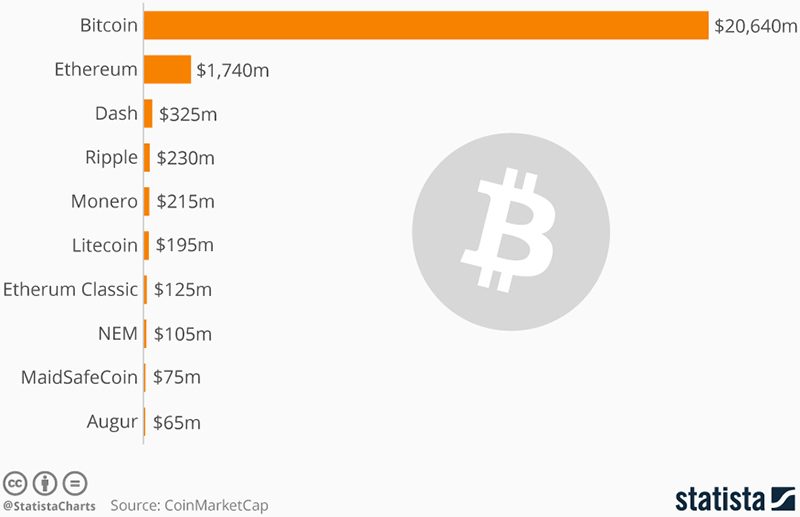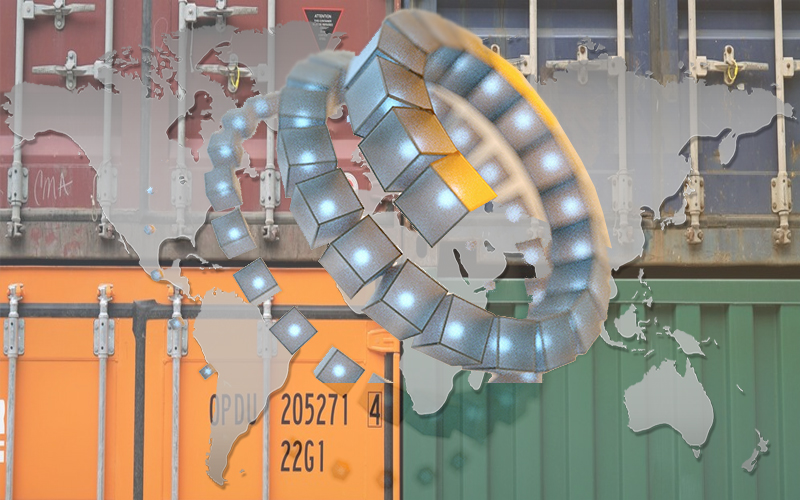Uberization? It’s About Connecting, Not Delivering

Preparing for the post-Uber effect: here’s how transportation companies can get ahead of the next supply chain and logistics disruption.
Plenty of companies fear being Uberized, sometimes referred to as the “Uberfication Effect.”
By Uberized, I mean a shift from the classical economy - companies internally organizing activities to perform a service - to the platform model, using digital tools to coordinate external resources (mostly people) for the same activity.
Through dedicated digital platforms, this gets rid of the middle man and connects users and service providers.
This new model is part of the sharing economy (watch video above).
The sharing economy gradually embraces new activities and industries, from the delivery of goods and food to small repair work and childcare.
Those platforms coordinate transactions between individuals and companies, manage the payment and provide protections through specific commitments such as rating your driver.
The economic model is basic - a fee for each completed transaction.
But this approach is hardly set in stone.
What about a more direct connection between people - or the Uberization of Uber?
Leveraging Uberization
This is where blockchain, the technology behind digital currencies like Bitcoin, comes into play.
This digital ledger enables a secure record keeping system accessible by anyone (public or private).
Bitcoin Dominates the Digital Currency Market
Ranking of the biggest virtual currencies by market capitalization in March 2017
In other words, payments between people no longer require a third party.
This might sound bad for transportation companies like UPS, but I actually think it’s a positive development.
With Uberization, the value moved from assets to platforms. This value was based on users (network effect) and turnover, but once those platforms become less useful, the value skews back toward assets.
People will not chose a platform but rather a capability or an asset owner.
Transportation companies like UPS have those assets: a network, vehicles and experienced people.
This means a transportation company can Uberize the sharing economy before it’s Uberized by central platforms.
By utilizing a digital tool (not a platform) like an app or a website that enables direct transactions between individuals, people can write and execute a contract (including the payment) without the support of a third party.
What would a transportation company gain? It would offer more flexibility to customers while tapping into assets to foster business-to-consumer and consumer-to-consumer transactions.
New innovation
And here are more possible benefits in the transportation space:
- Picture a tool that allows people to connect and organize the first and last mile of package delivery. UPS Access Point locations or package centers could facilitate such transactions at any time during the day. The transportation company would simply provide the blockchain-based platform, offering customers additional flexibility and reducing costs.
- The same tool would help small and medium-sized businesses and individuals exchange goods while offering an improved transportation service - for example, using the existing lanes and routes. Connected smart parcel boxes would dramatically improve this experience. Everyone would know when an item is left in a smart parcel box, and tracking technology would provide end-to-end visibility. Blockchain would enable complete tracking - and facilitate the payment.
The Next Disruption
So UPS would provide a transportation service but also offer new services like the smart parcel box, the embedded technology and any additional features.
This shows how connecting people and using new technologies offers greater opportunities for traditional companies open to embracing nascent economic models.
This is a step beyond Uberization, which certainly has an expiration date. How are you and your company preparing for the next disruption?
Source: Longitudes
About the Author
Edouard Barreiro is director for public affairs in West Europe for UPS. He has a PhD in industrial economics and published various academic papers about industrial organization and innovation.
Article Topics
Bitcoin News & Resources
How Blockchain is Changing the Supply Chain Landscape Industry 4.0 and Cyber Risk: Security in an Age of Connected Production Petya Ransomware Cyber Attack Hits Maersk Line Uberization? It’s About Connecting, Not Delivering Rethinking Enterprises, Ecosystems and Economies with Blockchains Identifying Cyber Vulnerabilities in Manufacturers Digital Supply Chain Networks Walmart, IBM and Tsinghua University Explore the Use of Blockchain in the Supply Chain More BitcoinLatest in Transportation
Why are Diesel Prices Climbing Back Over $4 a Gallon? Luxury Car Brands in Limbo After Chinese Company Violates Labor Laws The Three Biggest Challenges Facing Shippers and Carriers in 2024 Supply Chain Stability Index: “Tremendous Improvement” in 2023 Trucking Association CEO on New Biden Policy: ‘Entirely Unachievable’ Two Weeks After Baltimore, Another Cargo Ship Loses Power By Bridge Examining the freight railroad and intermodal markets with Tony Hatch More Transportation
















